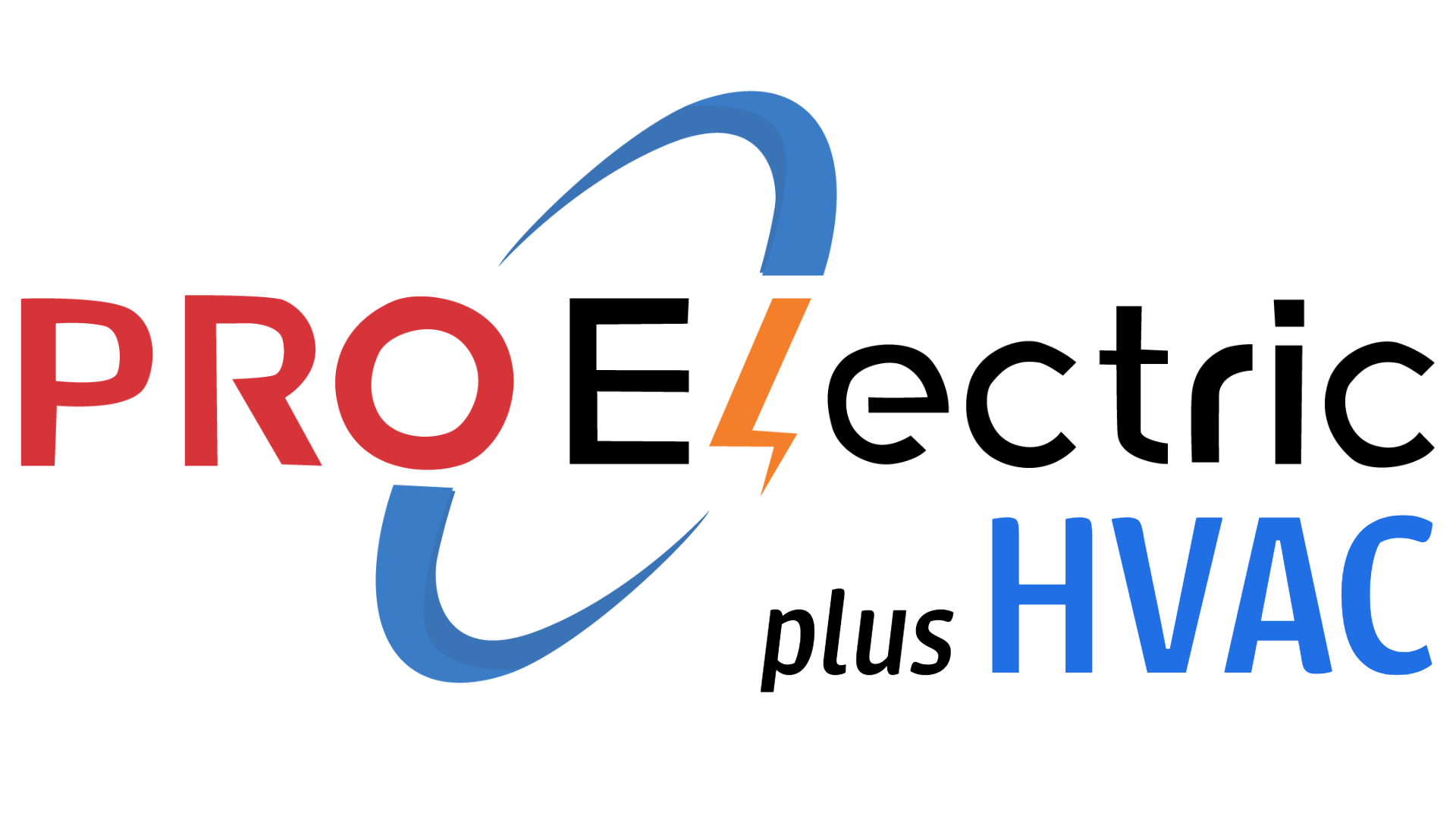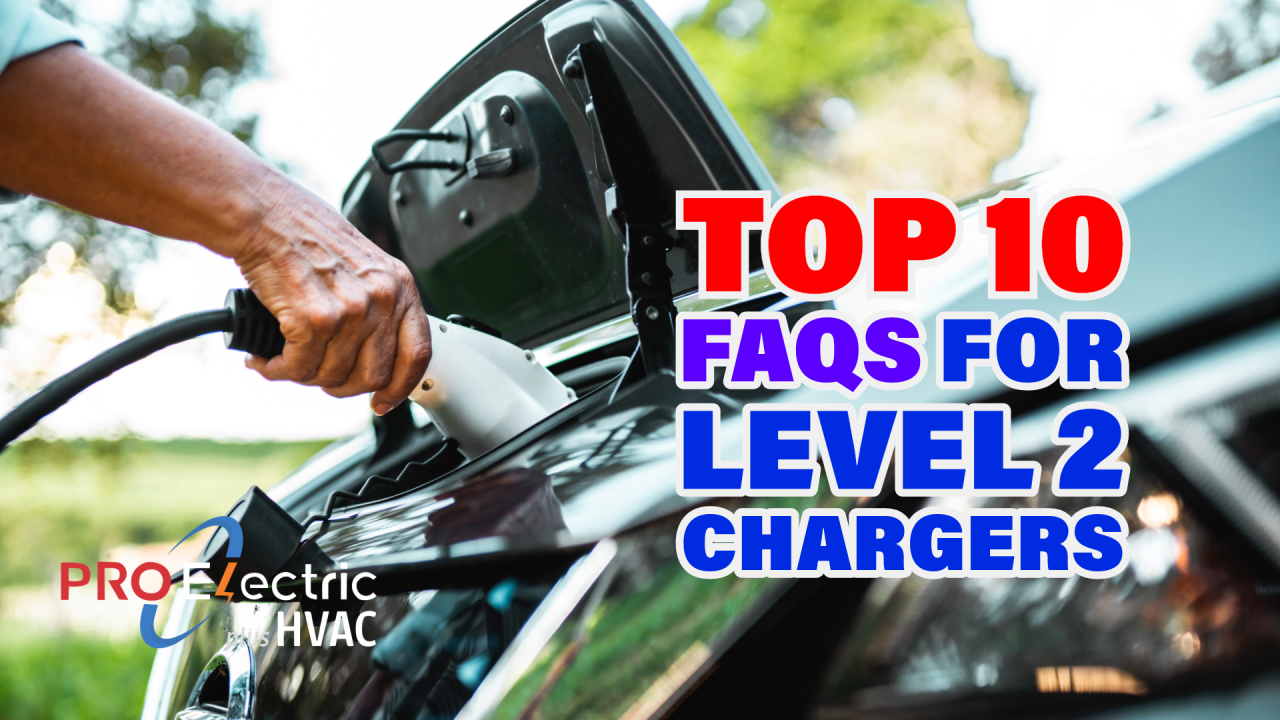Electric vehicles (EVs) are becoming popular, and efficient home charging solutions are needed.
Level 2 EV chargers provide quicker charging and higher convenience for EV owners.
These FAQs will answer the top ten most common questions regarding Level 2 EV home chargers.
1. What Is A Level 2 EV Charger?
Level two EV chargers tend to be home charging stations that use a 240-volt electrical source, like the one that powers big household devices like dryers and ovens.
They provide substantially faster charging than standard Level 1 chargers that use the typical 120-volt household outlet.
Features associated with Level 2 Chargers
- Voltage: Works at 240 volts.
- Amperage: Typically 16 to 80 amps.
- Recharging Speed: Provides 10 to 60 miles of range per charge hour, based on charger and vehicle.
2. Why Install a Level 2 Charger at Home?
Having a Level 2 charger set up in your own home has several benefits:
Faster Charging Time
- Efficiency: Level 2 chargers charge your EV as much as six times quicker than a Level 1 charger.
- Convenience: Charge your EV overnight so it is ready whenever you’re ready.
Cost Savings
- Energy Rates: Take advantage of less expensive energy prices during off-peak times.
Avoid Public Charging Fees: Lowering reliance on public charging stations saves money. - Increased Property Value. Homes with EV charging infrastructure might fetch higher resale values.
3. How Much Does It Cost to Install a Level 2 Charger At Home?
Equipment Costs
- Charger Price: Level 2 chargers, with smart connectivity and amperage choices, start at USD 400 and go up to USD 1,200.
Installation Costs
- Electrical Work: Professional installation costs USD 300 to USD 1,000 or even more, based on the complexity.
- Upgrades: Extra expenses if your electrical panel must be upgraded to handle the extra load.
Incentives & Rebates
- Federal & State Programs: You might get rebates or tax credits toward the price of installation and equipment.
- Utility Company Rebates: Some utilities reward EV charger installation.
4. Will I Need a Professional Electrician For Installation?
Yes, a Licensed Electrician is recommended for the installation.
Reasons to Hire A Professional
- Safety: Make sure the charger is put in correctly and safely.
- Code Compliance: Meets all local electric codes and regulations.
- Warranty Protection: Expert installation might be needed to validate the charger’s warranty.
5. Could My Home’s Electrical System Handle a Level 2 Charger?
Electrical Capacity Evaluation
Electrical Panel Rating: Nearly all Level 2 chargers need a 40-amp circuit. Be sure your panel can take the additional load.
Available Capacity: An electrician can calculate your system’s load to determine whether it can take a Level 2 charger.
Potential Upgrades
Upgrade of Panel: If your panel is outdated or full, it might take time to upgrade, especially if your circuit breakers are mismatched.
Dedicated Circuit: A new circuit for the charger is created for efficiency and safety.
6. What Types of Level 2 Chargers Are There?
Plug-In vs Hardwired
Plug-In Chargers
Flexibility: Can be unplugged and taken along with you whenever you move.
Outlet Required: Needs compatible 240-volt outlet (NEMA 14-50 or 6-50).
Hardwired Chargers
Permanent Installation: Wired directly into your electric system.
Weatherproof: Better suited for outdoor installations.
Smart vs Basic Chargers
Smart Chargers
Connectivity: Bluetooth or Wi-Fi for wireless control and monitoring.
Features: Scheduling, energy consumption tracking, integration with smart home systems.
Basic Chargers
Simple: No frills charging without any additional features.
Cost-Effective: Usually cheaper compared to smart chargers.
7. Are Level 2 Chargers Compatible with All EVs?
Nearly all Level 2 chargers utilize the universal SAE J1772 connector, which is used by all-electric vehicles in North America (excluding Tesla vehicles without an adapter).
Tesla Compatibility
- Adapter Required: Tesla owners can connect their products to standard Level 2 chargers using a J1772 adapter (which is often in the vehicle).
8. How Long Does Charge an EV With a Level 2 Charger Take?
Charging times depend upon the battery capacity of the vehicle and charger amperage.
Average Charging Times
Standard EVs: It will take 4 to 10 hrs to fully charge.
Plug-In Hybrids: Typically 1 to 4 hours because of smaller battery sizes.
Factors Influencing Charging Speed
- Vehicles Onboard Charger: Limits the maximum charging rate.
- Charger Amperage: Higher amperage chargers supply power a lot faster.
9. What Maintenance Does Level 2 Chargers Need?
Level 2 chargers are generally low-maintenance products.
Maintenance Tips
- Regular Inspection: Verify for wear, damage, or loose connections.
- Cleanliness: Keep the charger and connectors free of debris.
- Firmware Updates: Regarding smart chargers, update software for best performance.
Professional Servicing
- Regular Check-Ups: Have a professional check the charger during routine electric maintenance.
10. Are Level 2 Chargers Safe?
Level 2 chargers are safe when installed and maintained correctly.
Safety Features
- Built-In Protections: Overcurrent, voltage, and ground fault protection.
- Certification by UL: Look for UL-listed chargers for safety.
Installation Best Practices
- Proper Grounding: Essential to avoid electric hazards.
- Outdoor Installations: Use outdoor-rated weatherproof chargers.
Setting up a Level 2 EV charger at home can offer convenience and quicker charging and add value to your property.
Know the main elements presented in these FAQs so you can make a good choice and enjoy EV ownership.
Installing your Level 2 EV charger?
Contact our Licensed Electrician today to assess your house’s power capacity and get started on the path to effective home charging.


